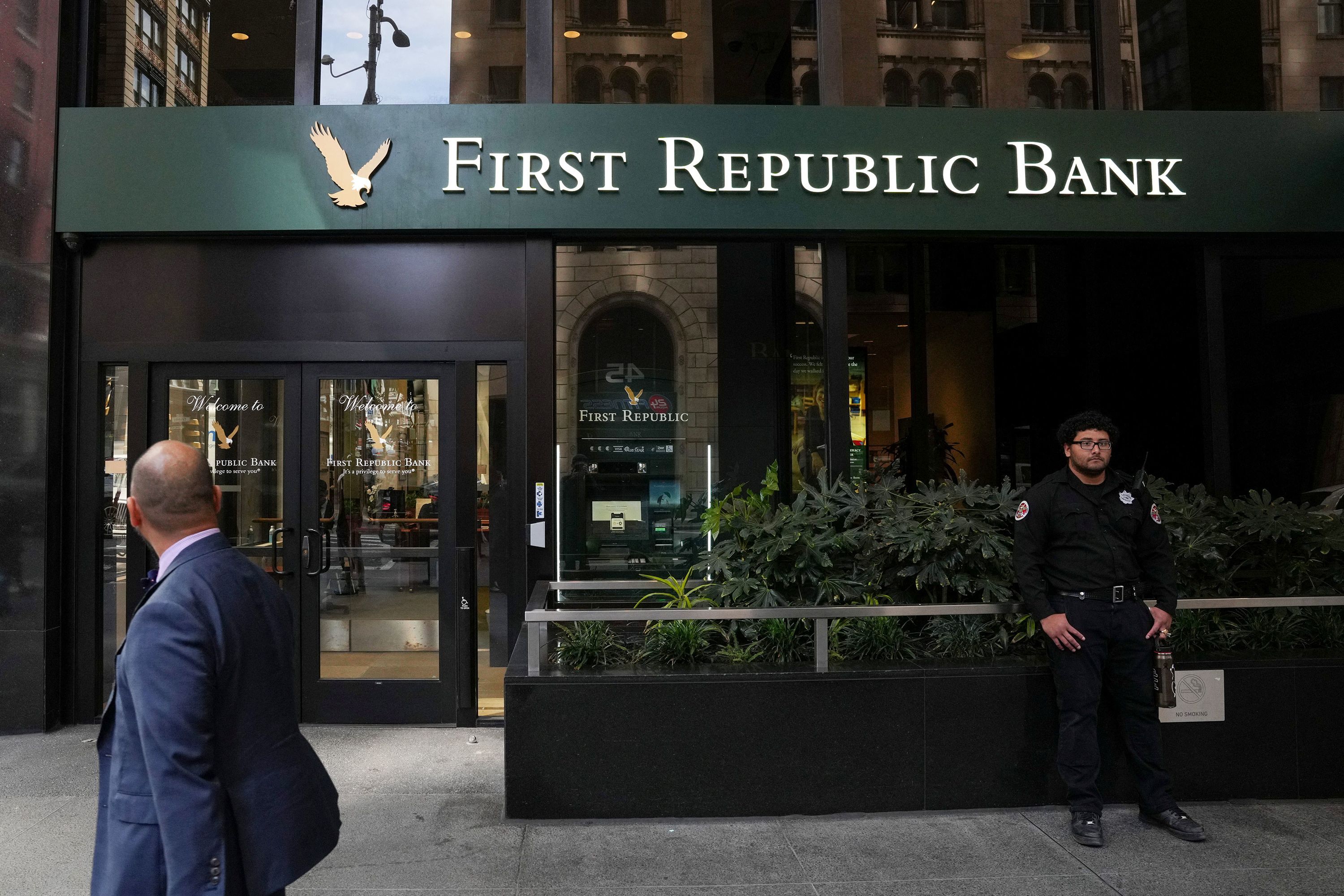First Republic Bank which was on the verge of collapse some weeks following the Silicon Valley collapse and crisis has finally given in and fallen over but with a relatively quick transition into its next chapter. the Federal Deposit Insurance Corporation (FDIC) today announced that it was being closed down by the California Department of Financial Protection and Innovation, that the FDIC was appointed as receiver, and that the FDIC would be selling the assets to JPMorgan.
Its total combined assets and deposits total over $330 billion.
Specifically, “to protect depositors, the FDIC is entering into a purchase and assumption agreement with JPMorgan Chase Bank, National Association, Columbus, Ohio, to assume all of the deposits and substantially all of the assets of First Republic Bank,” it said.
The FDIC has also confirmed that deposits will continue to be insured at a cost of approximately $13 billion to its insurance fund. The transaction will cover assets worth $229.1 billion and deposits worth $103.9 billion. JPMorgan is acquiring all assets and deposits, as well as 84 offices in eight states, and all FRB depositors are now JPMorgan Chase customers.
Also, read: Elon Musk will likely testify about his Autopilot statements
The announcement comes after several days of speculation that the FRB would fail, sending the stock into a tailspin. JPMorgan and PNC were among the banks that made bids over the weekend. The FDIC described the procedure as “highly competitive.”
As it continually grew into a huge, and highly valuable industry in the world of technology, First Republic has been a major banking partner in the technology space just like SVB. That meant it would almost certainly fall into the blast radius of SVB as it collapsed.
To avoid a spillover effect, First Republic was quick to shift messaging about its own stability in the aftermath of SVB’s failure. So, at the same time that SVB began selling assets — in fact, at the same time that SVB announced the sale of its U.K. business to HSBC — First Republic was bolstering its position with massive funding injections to bring its reserves to $70 billion. The FDIC was one of those large funders. JPMorgan Chase is the other.
Also, read: Silicon Valley Bank is being shut down today by regulators
Still, it appears that this was insufficient. Failing confidence in companies that were overly reliant on the same sector as SVB drove customers and investors away from the First Republic.
The FDIC has had to deal with its own drama and criticism — some blame SVB’s failure on U.S. regulators failing to act quickly or decisively enough before it was too late — so this was a relatively swift move on its part. While the cost to its Deposit Insurance Fund is estimated to be around $13 billion, the final figure will be determined when it is no longer in receivership.
Alongside this deal, the FDIC, JPMorgan Chase Bank, and National Association, “are also entering into a loss-share transaction on single family, residential and commercial loans it purchased of the former First Republic Bank,” it added. The FDIC is the receiver, while JPMorgan Chase Bank and National Association “will share in the losses and potential recoveries on the loans covered by the loss–share agreement.” It’s not clear what the value is of that aspect of the deal.



















